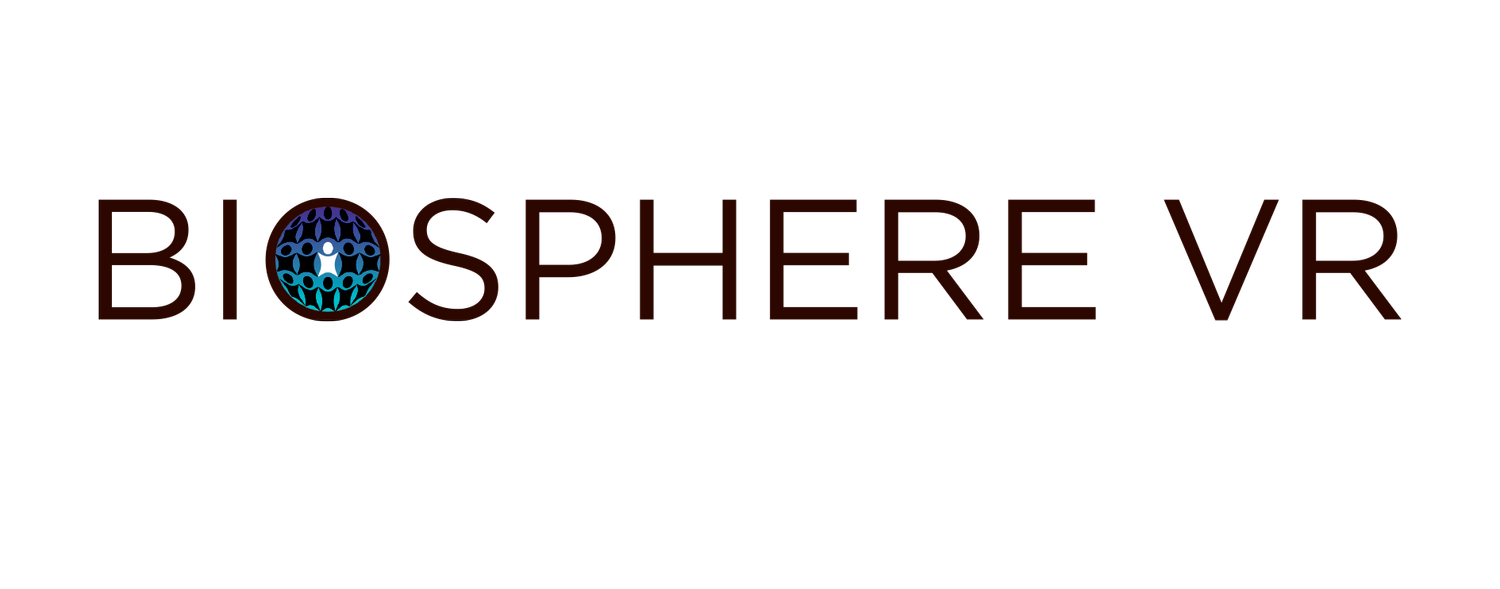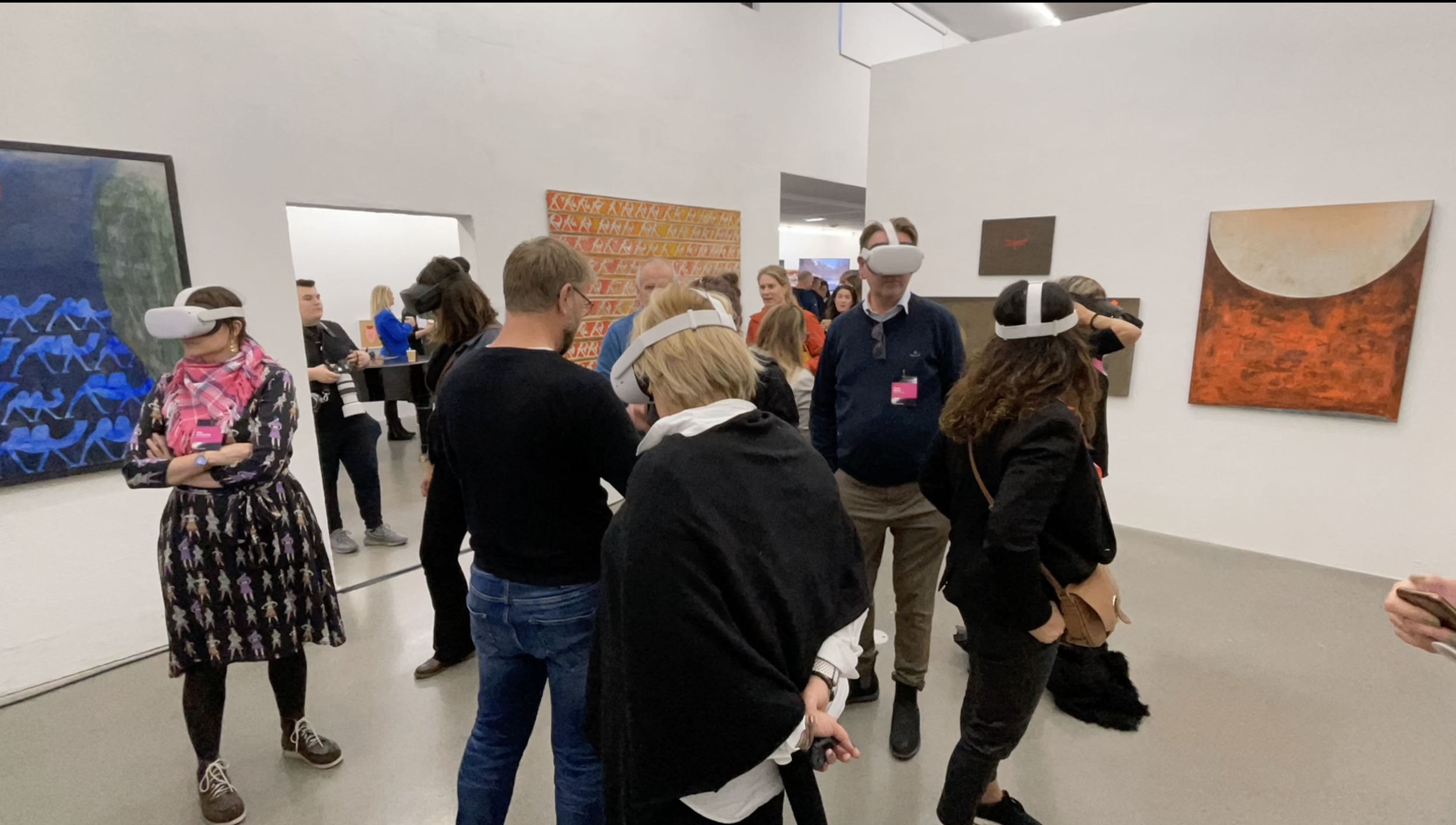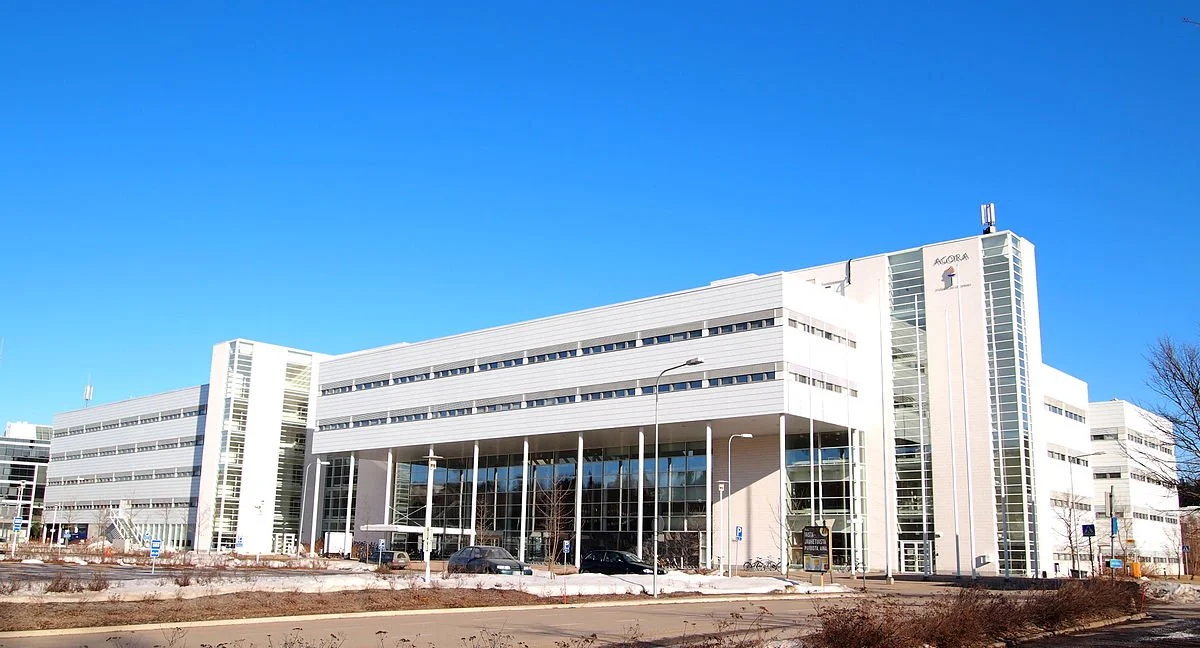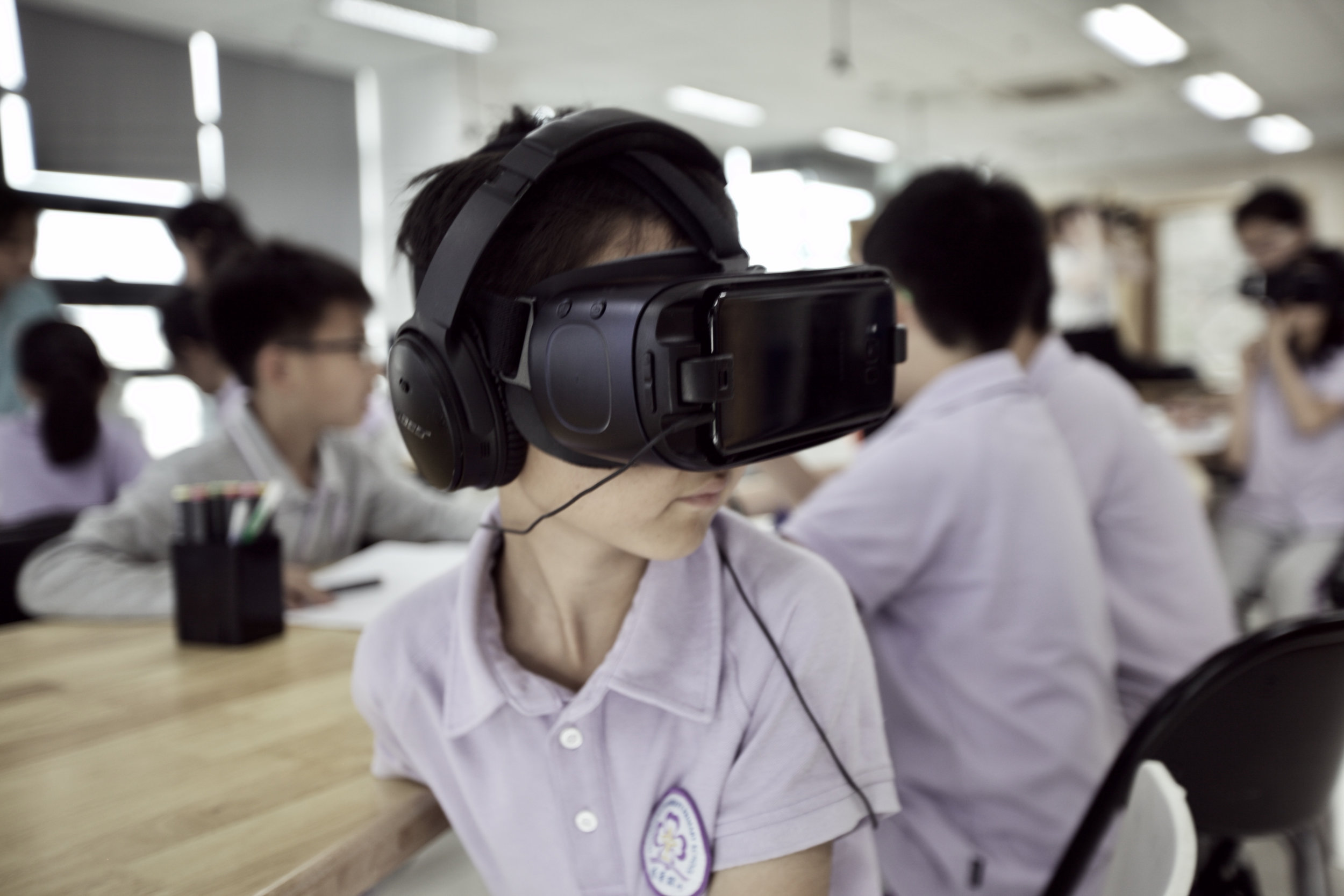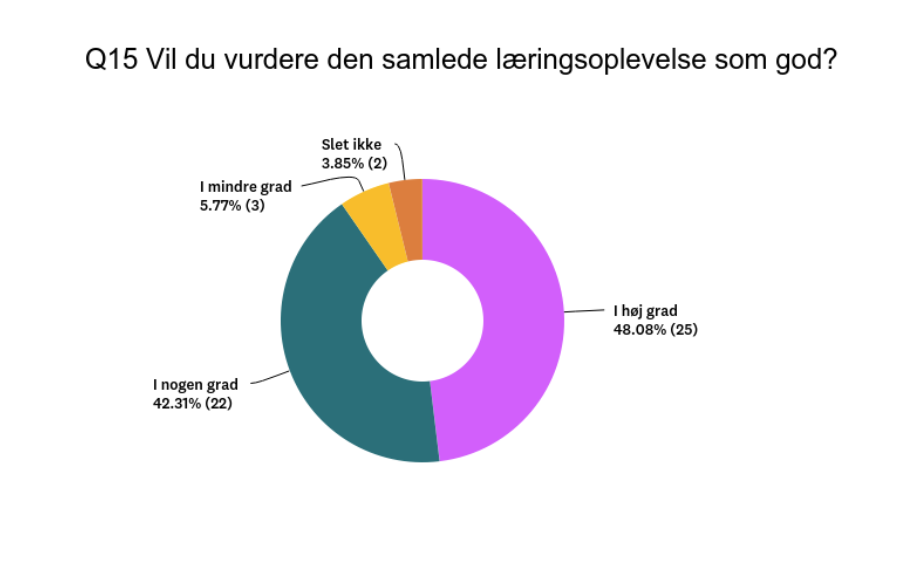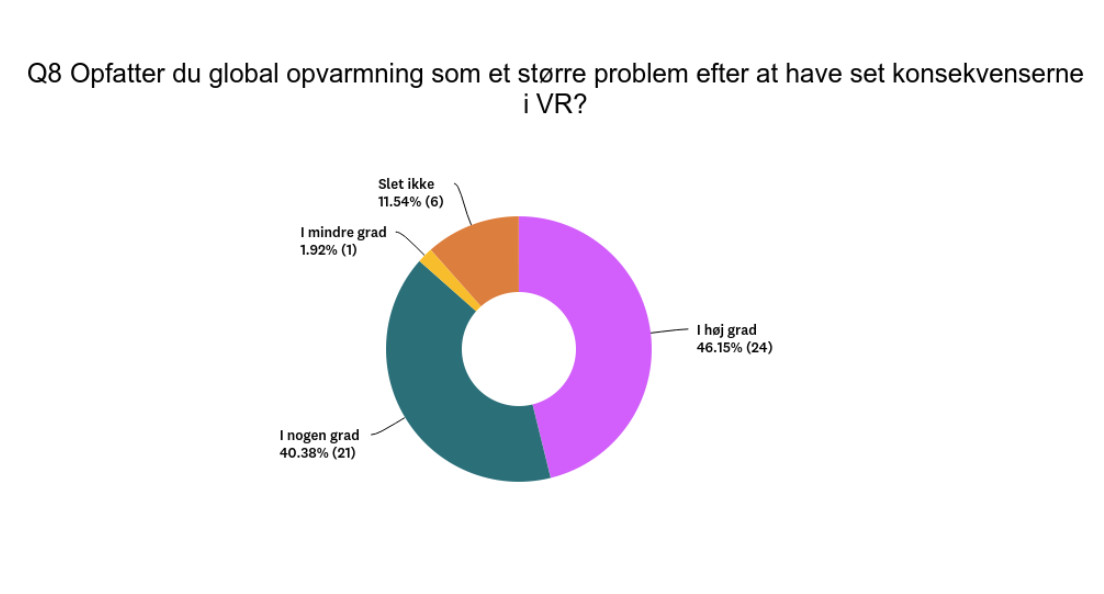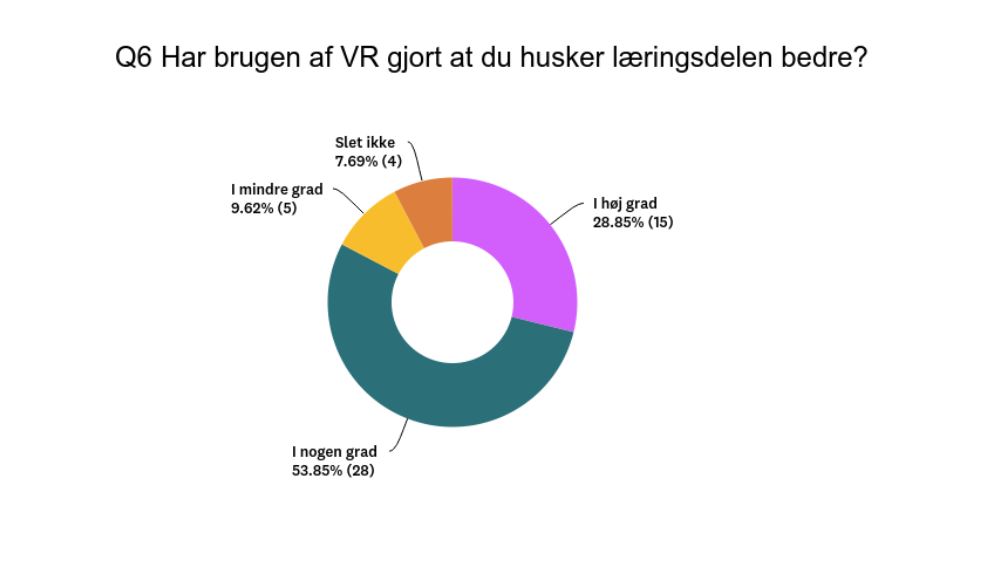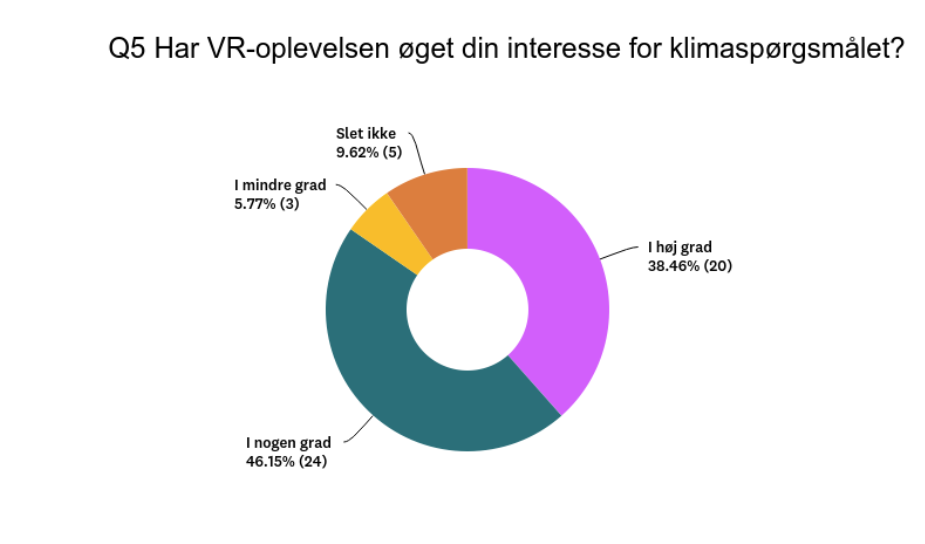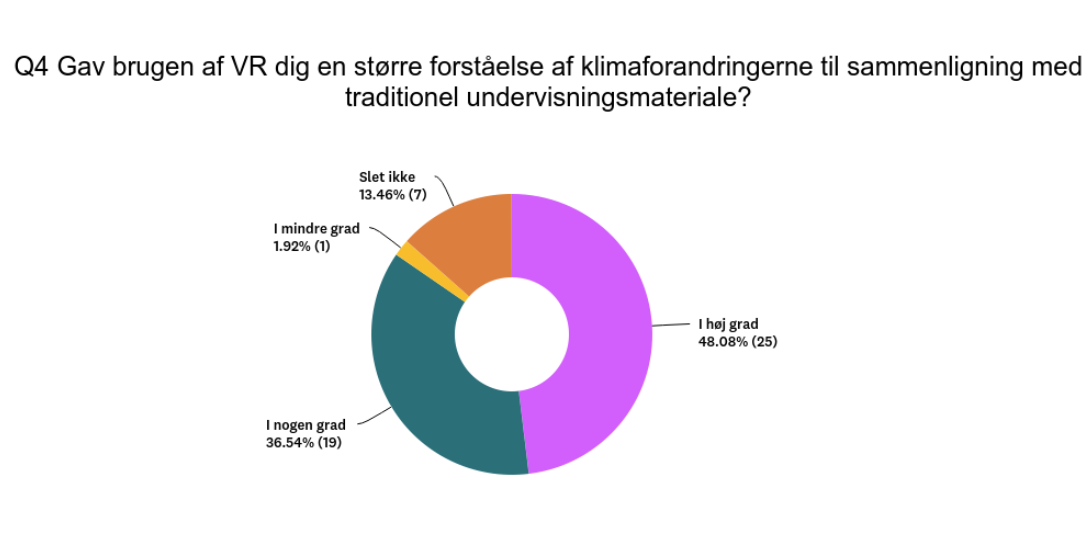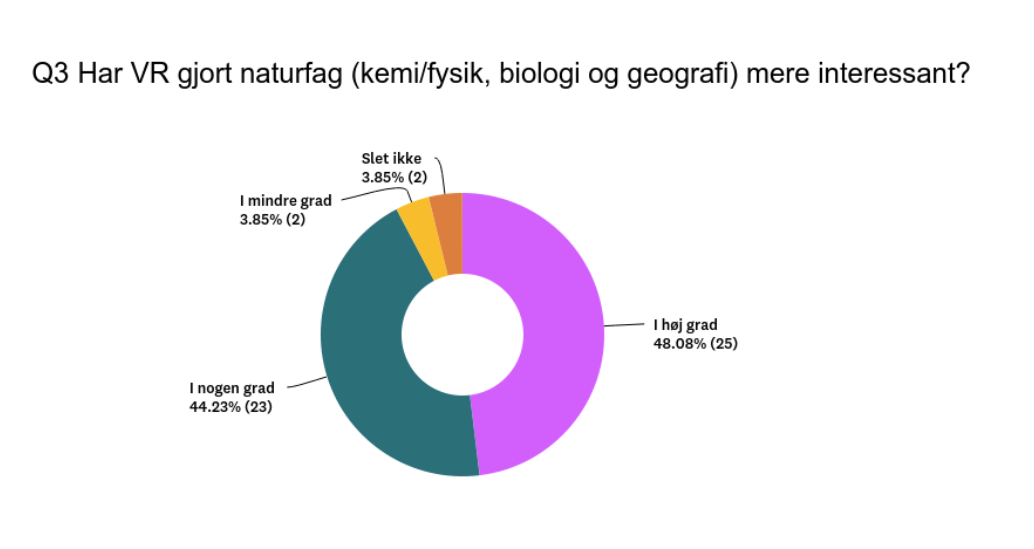




educational
Biosphere VR in education.
educational
Biosphere VR in education.
“Learning is the only thing the mind never exhausts, never fears, and never regrets.”
In Biosphere VR, we invite you to embark on a critical and creative journey to find answers and solutions to the pressing climate issues we face today. Through our immersive virtual reality experiences set in Jordan, Kiribati, Beijing, China, Ethiopia, Morocco, or Sweden, you will witness the challenges firsthand.

lionfish
Erasmus+ project. Partner: EdMedia team CYENS. Technical university of Cyprus
lionfish
Erasmus+ project. Partner: EdMedia team CYENS. Technical university of Cyprus
The goal of the educational initiative Lionfish is to get teachers, schools, and students involved in addressing climate change head-on and helping Europe become carbon-neutral by 2050. Seeing the European Green Deal as a growth strategy that highlights the role of universities, training centres, and schools in this objective, we aimed to include parents and the larger community in addition to students. Our strategy involved developing cutting-edge educational resources that offer advanced climate change knowledge and an immersive virtual reality experience. By adding empathy, this enables students to experience the difficulties posed by climate change in a way that seems urgent, genuine, and relatable, promoting learning that goes beyond conventional approaches. The project also invites students to investigate local sustainability and climate change concerns using visual thinking tools.
The testing of the prototype at UN Global network in Copenhagen.
Three primary activities made up the project:
The collaboration produced a virtual reality experience centred on an elderly Cypriot fisherman and his son, who are having difficulty catching the same amount of fish as before because of the Mediterranean Sea's warming. The experience is based in Cyprus. Invasive species like Lionfish are partially to blame for the fall in fish numbers.
EdMedia team were partners on the project.
The "Lionfish" teaching and learning guide was created with the Cyprus national curriculum in mind. This guide, which is intended for students in grades 12 through 16, links the 360-degree VR video "End of Line" to other curriculum-based learning materials.
The last phase of the project involves presenting the results to educators in Cyprus, the Mediterranean area, the European Union, and around the world regarding the usefulness of virtual reality and associated digital tools. One of the multiplier events that involved 57 different teachers was featured in this.
What were the concrete outputs and other results of your project?
Fox Media Documentaries coordinated, wrote, researched, pre-produced, and produced END OF LINE, a VR experience from Cyprus about an old fisherman from Limassol taking his son fishing from a boat near the coast and dealing with climate challenges. Based on the VR-film pilot studies were conducted by CYENS with 6 participating teachers and 83 students.
The EdMedia team finalised the teaching & learning manual.
END OF LINE VR FILM
Furthermore, they created training workshops for educators of four local schools. (See WP5 Multiplier Event Evaluation.)
In May 2024, the learning scientist of EdMedia announced LIONFISH E+ had been accepted as part of Scientix EU, the Community of Science Teachers in Europe! (https://www.scientix.eu/projects/project-detail?articleId=1766853 )
EdMedia held a virtual multiplier event which received very positive feedback (see “WP5 Multiplier Event Evaluation")
Presentations of the project at international conferences.

Biosphere VR - Finland
ERASMUS+ project. Partner: University of Jyväskylä, Finland
Biosphere VR - Finland
ERASMUS+ project. Partner: University of Jyväskylä, Finland
We applied for the project as a response to the environmental and climate change challenges we, as humans, face nowadays. We are working towards raising awareness about the urgency of the green transition. At the same time, we are aware that changes are happening quickly, and we are being challenged by the need to find new answers, and new ways for us humans to interact with the environment and be resilient and open to innovative, bold approaches. We saw the need to produce educational material based on the concept of climate empathy, which has the potential to foster more interest in STEM subjects among students.
We had a very good experience working with the Biosphere VR in Denmark when testing it at schools. It made use of the new VR medium in a practical way, getting the students to feel climate change instead of just intellectualising it. We wanted to reach more international audiences, and strengthen our capacities through working with international partners to produce high-quality, innovative deliverables. With JYU, we had a chance to make something that we felt must be explored in a broader, European setting.
Our partners in Finland
Objectives: What did you want to achieve by implementing the project?
Winter of change - VR-film
By implementing the project, our main goal was to make STEM knowledge more attractive and more utilised by the pupils in primary schools in Finland thanks to the implementation of the VR journey, a role-play-orientated educational game, an European VR experience from Lapland. We recognised that the answer to the most urgent challenges of our times, which will become particularly burning for the younger generation, as climate change and biodiversity loss occur, often lies in the development and use of STEM knowledge. By providing the VR journey, a reality-based educational set introducing new media into the classroom and educational games to the pupils, we wanted the youth to get excited by turning to STEM as a resource they can reach to find solutions.
Immersing themselves in the VR universe, pupils will be able to get a more personal experience. Living in European cities, we often do not realise the urgency of climate action since the challenges are mostly visible on the peripheries. By promoting digital tools and non formal ways of education in school systems, we wanted to open doors to a wider range of experiences for the youth that could then have an effect on their motivation and curiosity in finding solutions through the STEM approach.

User surveys
School in Denmark
User surveys
School in Denmark
During our testing phase in Hellerup, Denmark, we received valuable feedback from participants. The results were overwhelmingly positive.
A quick look at the VR travel used in a school setting. (Subtitles is available by hitting the icon under the video)
Now it’s your turn to act - Take the JOURNEY INTO THE BIOSPHERE and learn on your way.
Frontpage of the 100 page educational guide manual that takes the user through landscapes of STEM and exploration.
“94 % answered that they would like initiatives like Biosphere VR to be more significant in school.”
“83 % said that they remembered the subject better using Biosphere VR compared with traditional teaching materials.”
“92% answered that Biosphere VR made learning STEM subjects more interesting.”
School teacher Larry. Click below video for subtitle
““I think that VR, in this case, makes the journey out to the affected countries very real and leaves a strong impression on us - a lesson for life”
We surveyed at the progressive Maglegårds School in Hellerup, Denmark, to gather data on the impact of Biosphere VR. Out of the 60 questionnaires distributed digitally, we received 52 completed responses, representing an 86.6% response rate. The study included 39.22% girls (20) and 60.78% boys (31).
A test at the progressive Maglegårds school, Hellerup 2019
The results provide valuable insights into the benefits and outcomes of using VR in educational settings. Here are the key findings from our research:
Increased Interest in Science: A significant majority of students expressed a heightened interest in science due to the use of VR. Out of all respondents, 48% reported that VR had significantly made science more interesting, while 44% stated it had to some extent. Only 8% believed it had lesser or no impact on their interest in science.
Gender Differences: The survey revealed notable gender differences regarding the impact of VR on interest and understanding. Among girls, 95% reported that VR had to some degree made science more interesting, while the response from boys stood at 90%. Similarly, 70% of girls felt that VR facilitated a greater understanding of climate change compared to traditional teaching materials, while the corresponding figure for boys was 35%. However, 45% of boys agreed to some extent, compared to 20% of girls. Overall, 15% of respondents believed the impact to be lesser or not at all.
Increased Interest in Climate: The survey demonstrated that the VR experience significantly or to some extent increased students' interest in the climate. A substantial 85% of students reported a greater interest in the climate after experiencing VR, and 87% perceived global warming as a major problem after witnessing its consequences in VR. The gender disparity was evident, with 95% of girls and 81% of boys reporting increased interest in the climate.
Improved Learning Outcomes: The findings strongly support the notion that VR positively affects learning outcomes. Around 83% of students agreed that VR helped them remember what they learned to a high or some extent. Additionally, 90% believed that incorporating VR into their project work made sense. Moreover, 94% expressed a desire for increased integration of VR into their education. Notably, a higher proportion of girls (90%) reported improved learning retention compared to boys (76.7%).
VR Experience: The majority of respondents (75%) had prior experience with VR, mainly through entertainment applications such as theme park rides or gaming consoles. However, none of the participants had previous educational experience with VR. Among girls, 74% reported high or some experience, while the figure was 75% for boys. Additionally, 20% of girls stated no prior experience with VR.
Our VR Learning Platform: Biosphere VR (www.biospherevr.com)
“85% said that Biosphere VR significantly, or to some degree, heightened their interest in the effects of the climate”
A succesfull test conducted at The Learning Lab, Tsinghus University, Beijing 2018
The data behind
The Danish Film Institute financed a survey and a subsequent presentation of the findings regarding the utilisation of Biosphere VR within an educational setting. This study was conducted at Maglegrd School in Hellerup, Denmark, involving 70 students from classes 7-9. The survey was administered in Danish, and the responses were represented by specific colors. In the survey, the color purple denoted a strong inclination or support, the petroleum color indicated a general favorability, the yellow color represented a slight agreement, and the orange color indicated a complete lack of agreement.
